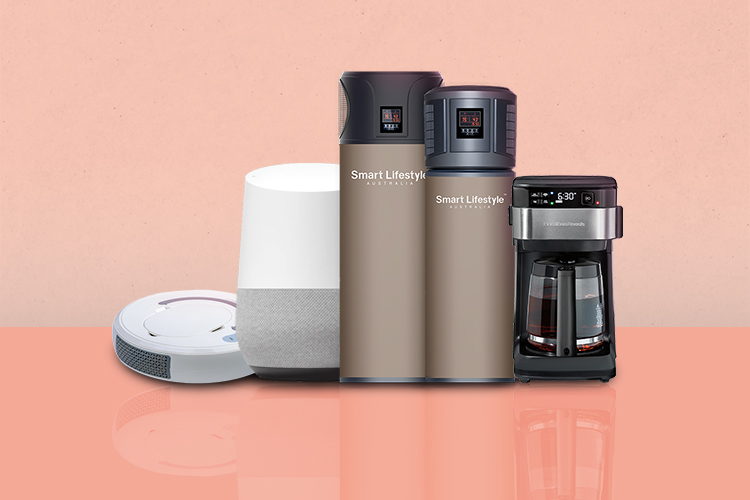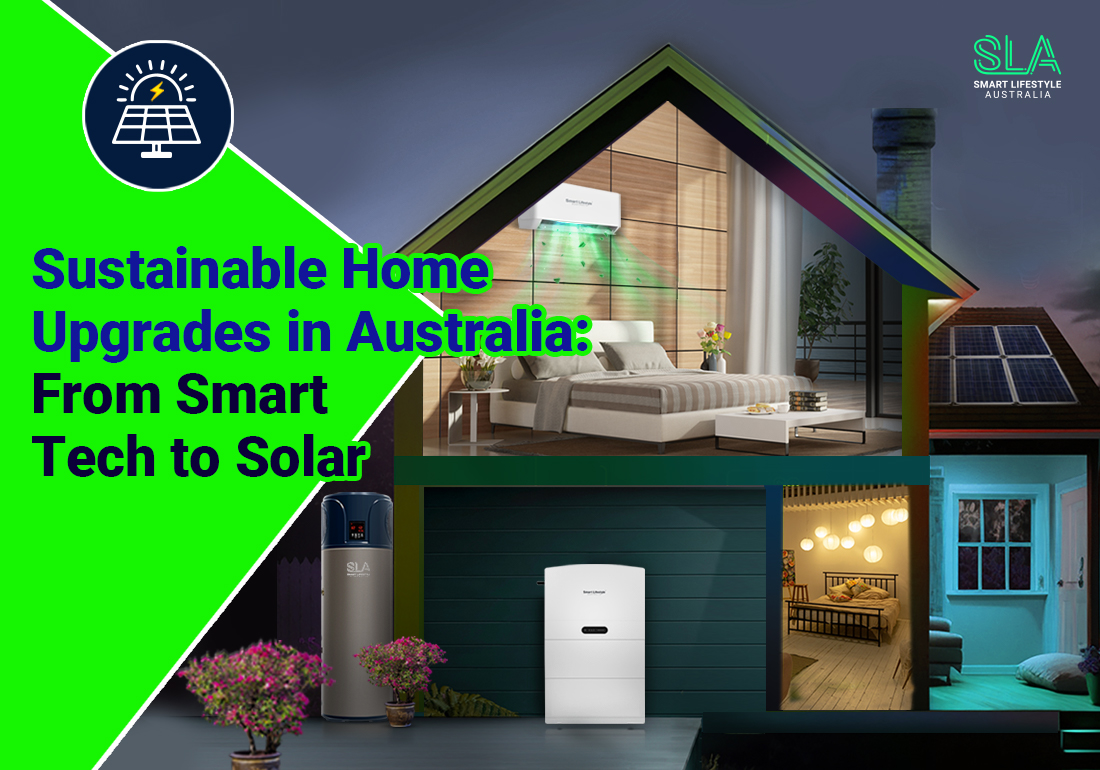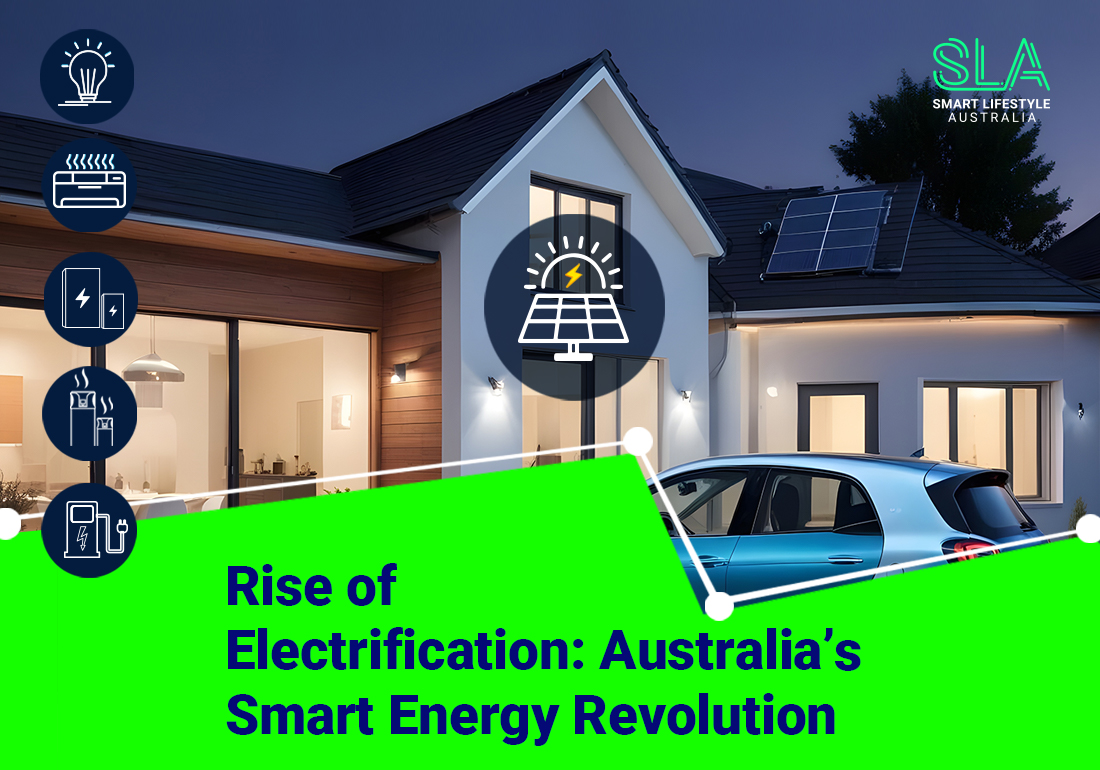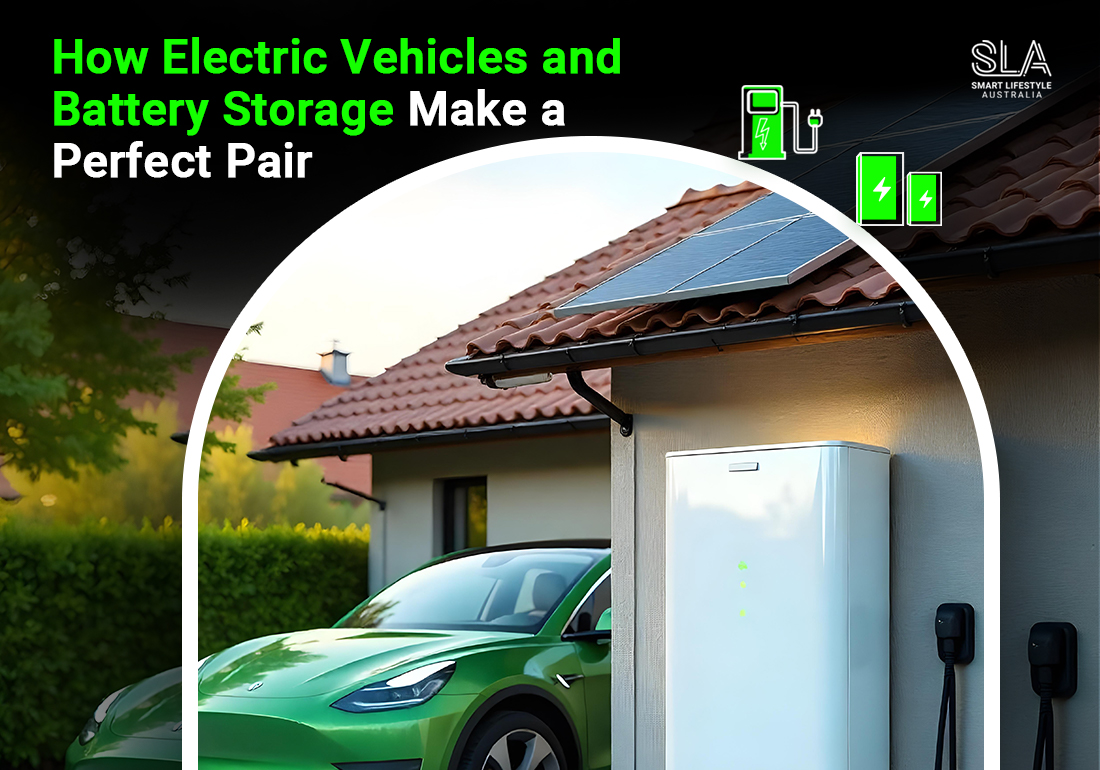We have seen rapid development and advancement of digital technologies over a couple of years. Particularly in computers, communication, network, and control. The innovative city movement and new urban technologies have penetrated people’s lives and changed their lifestyles.
In recent years, the term “smart home” has appeared frequently in major media and has become well-known. Smart homes with smart appliances have enormous potential to shape the way we live in the future, and the market is maturing too. Even though smart devices have numerous benefits, barriers for smart appliance adoption remain.
But why are there still barriers to adopting smart appliances? We’ll get to it soon. Let’s know about smart appliances first, shall we?
What are Smart Appliances?
It may come as a surprise to some people, but SMART is actually an acronym. Its complete form is Self-Monitoring, Analysis, and Reporting Technology. Smart Appliances have evolved at an unimaginable rate. Any household appliance can be smart if it’s connected to your smartphone.
Smart appliances are technologically advanced household machines synched with smartphones and controlled by AI assistants. These gadgets can be monitored, controlled, and commanded remotely. This technology reports straight to you immediately when commanded.
What is a Smart Home?
A smart home or a smart residence becomes smart when it has an integration of diverse smart appliances. It is a residence where electronic devices monitor and maintain the household. You control these smart devices through the internet, even remotely. A good smart home is usually filled with smart appliances, making our lives easier and more convenient.
Simply put, a smart home is a convenient setup in which appliances and devices are automatically controlled remotely using a mobile or other networked device from anywhere with an internet connection. Devices in a smart home are interconnected via the internet, allowing the user to remotely control functions such as home security, temperature, lighting, and a home theater.
Types of Smart Appliances

There are many smart appliances available everywhere to make your home smarter. Let’s look at some of the common smart home appliances-
- Smart Thermostats
- Smart Heat Pumps
- Mop Robot
- Smart TV
- Smart Coffee Makers
- Wi-Fi integrated Doorbell
- Smartlock
- Smart Refrigerators/Ovens/Cookers
- Smart Bulbs
- Automatic Vacuum
- Voice Assistants (Google, Alexa)
Benefits of Smart Appliances
With state-of-the-art technology, the benefits of having smart appliances have increased by a great margin. Surely we all know these benefits, but there’s no harm in checking it out again, right?
- Saves money and energy
- Increases productivity
- Convenient for work-life balance
- Secures our home with technologically advanced security systems
- Reimagining the world of entertainment
How Smart are Smart Appliances?
We are in an era where Internet of Things (IoT) has taken over our daily lives. Monitoring, control, optimization, and autonomy are the four capabilities of smart, connected products. Each one builds on the one before it; for example, in order to have control capability, a product must also have monitoring capability. These four elements made smart products so smart that our lifestyle drastically changed in a span of a few years.
- Monitoring – Through sensors and external data sources, smart, connected products enable comprehensive monitoring of a product’s condition, operation, and external environment. A product can use data to alert users or others to changes in circumstances or performance. Monitoring also enables businesses and customers to track a product’s operational characteristics and history and better understand how the product is actually used.
- Control – Remote commands or algorithms built into the device or residing in the product cloud control smart, connected products. Algorithms are rules that tell a product how to react to changes in its condition or environment.
- Optimization – Smart, connected products can use algorithms and analytics to improve output, utilization, and efficiency based on real-time or historical data. The flow of monitoring data from smart, connected products, combined with the ability to control product operation, enables companies to optimize product performance in various ways.
- Autonomy – The combination of monitoring, control, and optimization makes the smart industry achieve previously unimaginable autonomy. As a result, we, as smart homeowners, are getting all the necessary and timely upgrades.
Can Residential Owners Save Money and Energy Using Smart Devices?
Homeowners can easily create a smart home. With the technology mentioned above, it is clear that smart products are energy efficient. Therefore, smart home clearly saves money and energy. It becomes effortless to save money and energy if you have a solar home. You can have energy efficiency with a smart solar home in several ways. Let’s see some safe and easy ways toward the journey of energy efficiency-
- Install Solar energy in your home
- Switch to LED lights
- Turn off lights/fans/ACs before living the room
- Unplug devices and appliances when not in use
- Use Smart Heat Pumps to save water
Barriers for Smart Appliance Adoption

Even with numerous benefits, barriers remain in this new technology. Some are technological, and some barriers come from our minds. Decoding the barriers may help us integrate smart appliance adoption. But what are the barriers? Check out the list given below for answers-
- Cost – Most smart appliances are available in the market, but few remain costlier than traditional ones.
- Data Privacy – With many modern technologies, the concern for data privacy exists. The cookies we accept every time might not be as sweet as actual cookies. Rather, it might invade or steal our privacy.
- Security Threats – As technology gets smarter, hackers or digital criminals are getting advanced too. Therefore, our security is at constant risk.
- Device Integration – Sometimes, new devices might have complicated integration. It may create more complications than convenience.
- Reluctance – As humans, we have difficulty accepting changes, even if they come with our interests. This behavior is especially seen among the elder crowd. Their reluctance to try new and advanced products can be a huge barrier.
- Targeted Attacks – Many targeted ads come with targeted malware attacks. Often time it’s hard to differentiate between a genuine ad and an attack.
- Third-Party Flaws – As we have mentioned before, these smart technologies are relatively new. So, many flaws can be found in different apps and softwares.
Tips for Overcoming the Barriers
The most important step toward overcoming the barriers of a smart appliance is to keep an open mind. We do acknowledge that this is a relatively new smart technology. Sometimes it gets tricky to integrate smart technology altogether. Thus, we have listed a few tips that may help you for a better future.
- Monitor your data regularly
- Have adequate knowledge about the products you are using
- Check out insurance policies for your products
- Have rolling passwords for your system
- Build a better firewall for your system to avoid hackers
- Consult a tech-savvy person to help with system set-up
If you are thinking of building a smart home, there’s literally no scarcity of products or companies. However, choosing our company Smart Lifestyle Australia will help you create a better future. All of our smart and energy-efficient products speak for themselves. Our motto is customer satisfaction.
We take pride in every project we deliver as long-standing experts in the residential solar industry. Smart Lifestyle Australia values quality over quantity. With over 300,000 satisfied customers in New South Wales and Victoria, our commitment to prioritizing our customer’s needs hasn’t gone down.
All of our solar panel partners are accredited and approved by Clean Energy Council (CEC), including installation. You don’t even have to worry about any hidden charges. The quote you’ll be given will come with all the fees.
At Smart Lifestyle Australia, we value our customers because we care! That is why, rather than being the largest solar retailer, we emphasize being the most customer-satisfied retailer. Our solar specialists always prefer a friendly conversation with you to understand your energy needs and cater to them to the best of our abilities.





